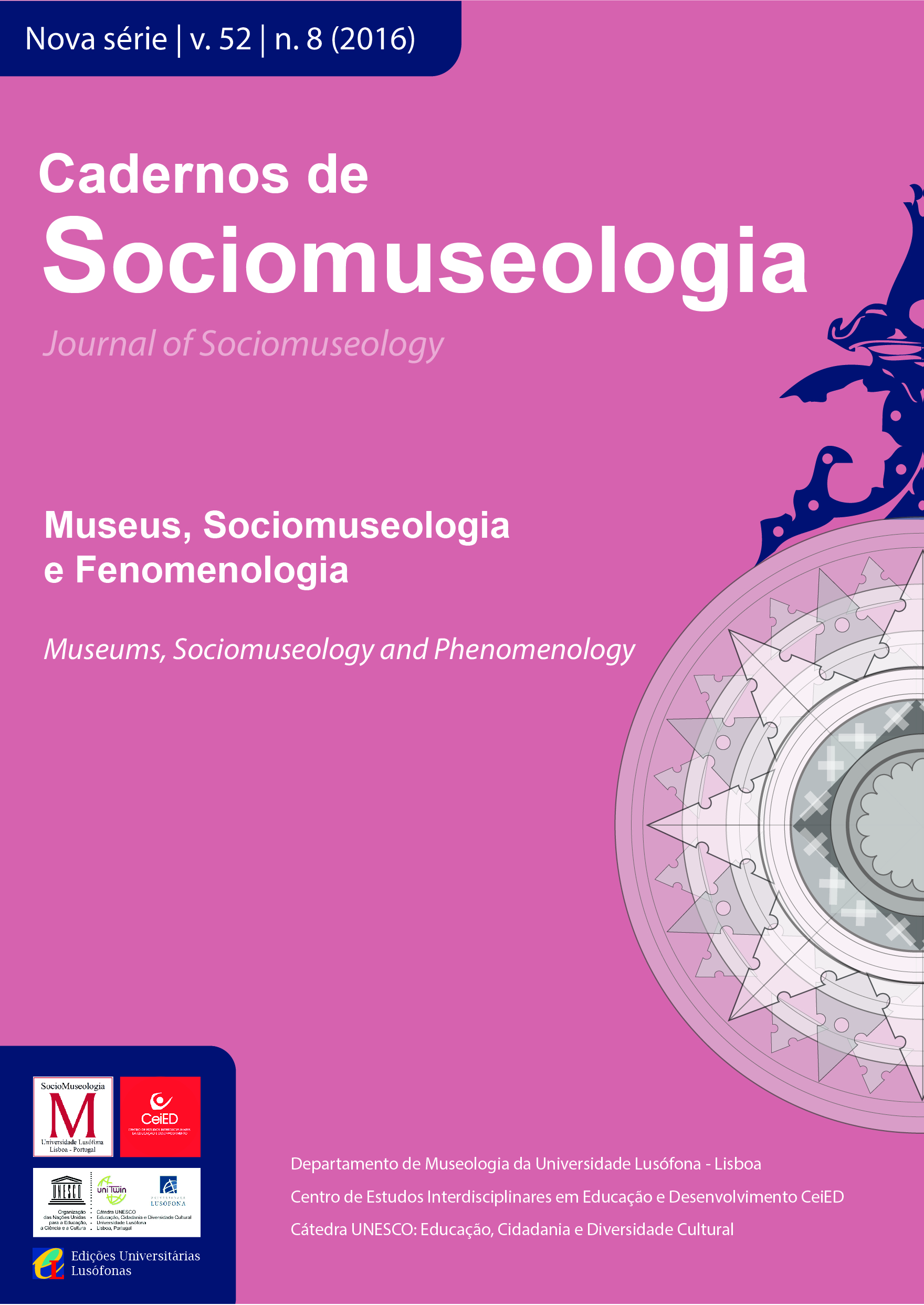Política Pública para Museus no Brasil: o lugar do Sistema Brasileiro de Museus na Política Nacional de Museus
Resumo
Esta é uma pesquisa organizada com base na investigação científica e que aproxima as áreas da Museologia e das Políticas Públicas. A área cultural brasileira tem uma trajetória difícil e complexa para garantir a cultura como direito do cidadão. O processo de construção de uma política pública para museus no Brasil não é diferente dos outros setores culturais, todos enfrentam há muito tempo a falta de planejamento, a falta de interesse, o descaso político e a ausência de compreensão da cultura como fator de desenvolvimento social. Em 2003, com a posse do Ministro da Cultura Gilberto Gil, o país começou a vislumbrar um projeto para a cultura. No campo dos Museus esse projeto tomou forma com a Politica Nacional de Museus, que tem origem no movimento do setor museológico que reivindicou mudanças para a área e para os museus. Ao instituir o Sistema Brasileiro de Museus, o programa de política pública estabeleceu uma relação a partir das redes, das conexões com o objetivo de construção participativa, colaborativa e acima de tudo com respeito às diversidades e promovendo a inclusão social. Com base nas reflexões sobre política, políticas públicas e nas referências das experiências de outros países, esta tese analisa o processo de criação da Política Nacional de Museus e a atuação do Sistema Brasileiro de Museus e as implicações na prática museológica e nas relações sociais estabelecidas.
Palavras Chaves: Museologia, Política Públicas, Redes e Sistemas, Política Nacional de Museus, Sistema Brasileiro de Museus.
Downloads
Política para Periódicos de Acesso Livre
Autores conservam os direitos de autor e concedem à revista o direito de primeira publicação, com o trabalho simultaneamente licenciado sob a Licença Creative Commons Attribution que permite a partilha do trabalho com reconhecimento da autoria e publicação inicial nesta revista.













